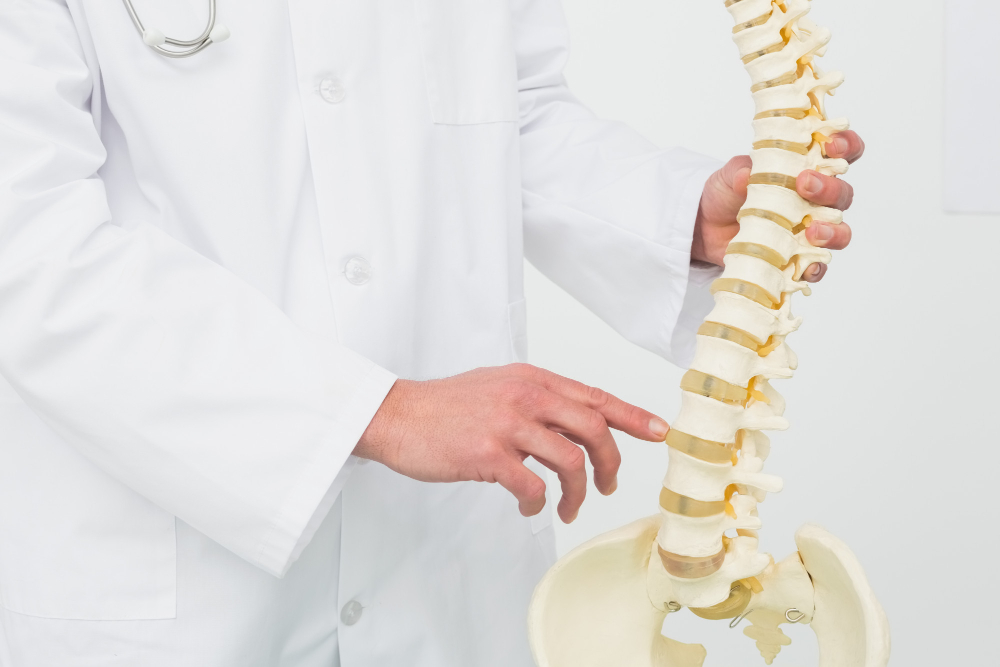
Spinal fluid, also known as cerebrospinal fluid (CSF), is a clear, colorless liquid that surrounds and protects the brain and spinal cord. A spinal fluid leak, on the other hand, occurs when there is a tear or hole in the membrane surrounding the fluid, which can cause the fluid to leak out of the body and result in a number of symptoms. In this blog post, we will explore some of the common spinal fluid leak symptoms and what you need to know if you suspect you may have one.
1. Headaches
One of the most common symptoms of a spinal fluid leak is a headache, which is typically more severe when standing up and tends to improve when lying down. These headaches may also be accompanied by a feeling of pressure in the head or neck, and may be exacerbated by coughing, sneezing, or straining.
2. Neck and Back Pain
Another common symptom of a spinal fluid leak is neck and back pain, which can be caused by the pressure of the fluid leaking out of the body. This pain may be localized to the area around the leak or may radiate down the spine.
3. Nausea and Vomiting
Nausea and vomiting are also common symptoms of a spinal fluid leak, as pressure on the brain and surrounding tissues can cause these sensations. In some cases, these symptoms may be accompanied by a loss of appetite or a feeling of fullness.
4. Light Sensitivity
Increased sensitivity to light, or photophobia, is another common symptom of a spinal fluid leak. This may be caused by pressure on the optic nerves or by changes in the way the brain processes sensory information.
5. Tingling or Numbness
Tingling or numbness in the arms, legs, or face may also be a symptom of a spinal fluid leak, as pressure on the nerves can cause these sensations. In some cases, this numbness may be temporary, while in others, it may be more persistent.
Conclusion
If you suspect you may have a spinal fluid leak, it is important to seek medical attention right away. A qualified physician can diagnose the condition and recommend appropriate treatment options, which may include medication, bed rest, or even surgery. If you're looking for an orthopedic surgeon in Deland, FL, Central Florida Bone & Joint Institute can provide the care you need. Contact us today for more information.